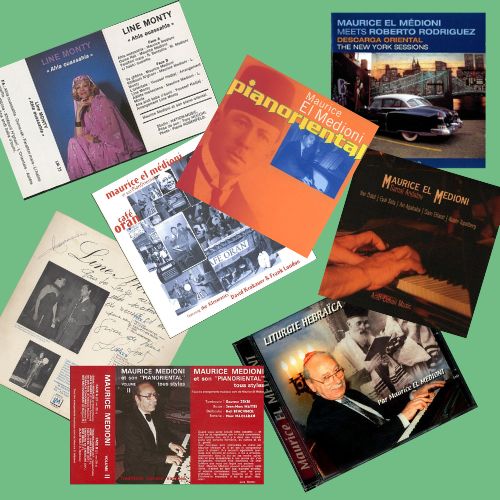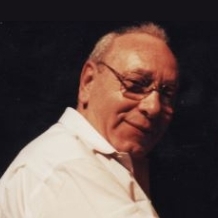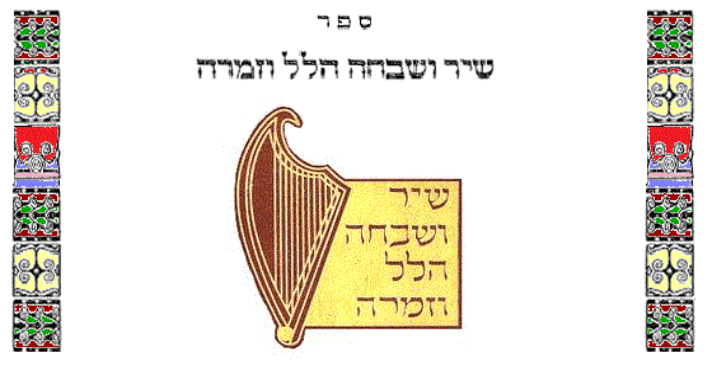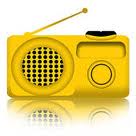
A radio program of the European Institute of Jewish Music hosted by Hervé Roten
MUSIQUES JUIVES D’HIER ET D’AUJOURD’HUI – TUESDAY DECEMBER 1, 2015, JUDAÏQUES FM (94.8), 21H05. Radio program in French
Dave Cash, whose real name was Ludwig Slomniker, was born in the Polish city of Lemberg (called Lviv today), on October 3, 1910. He studied theatre and dancing and performed everywhere in Poland as an artist, dancer, singer, humorist, mainly in Yiddish. Along with his stage mate, and future wife, the dancer Yadwiga Podstolska, he fled the Nazis and got refuge in Soviet Union, where foreign artists were rare and appreciated. The couple performed under the nickname Johnny Stone and Lydia Waren in an acrobatic dancing duo. At the end of the war, the two artists went with the civilians who followed General Anders’ Polish army built in Soviet Union, from Iran to Palestine. They settled in Palestine, and in 1947, the couple got married in Haïfa. In February 1948, they went to France. Ludwig Slomniker, who took the stage name « Dave Cash » performed then in several Yiddish cabarets and recorded on the music label Elesdisc, founded by Léon Speiser, over twelve 78 RPM discs between 1949 and 1953.
Around 1950, Dave Cash and Yadwiga left regurlarly on tour in North and South America, in particular in Argentina, where they had great success. Around 1960, the couple settled in Paris, where they created with friends a first Yiddish cabaret. A few years later, Dave Cash created his own cabaret which he called « Chez Dave Cash ». As in all cabarets, one could see singers, dancers, more or less dressed entertainers, who encouraged the audience, mainly Yiddish speaking, to eat, drink, speak and sing. The repertoire was mainly composed of Yiddish, Russian or Gypsy songs. Like the French singer Charles Trenet, singers acted foolishly. Musicians played from table to table. Some cabarets even had a dancefloor and a small stage for the orchestra.
That period of Yiddish and Russian cabarets ended in the 1970’s. Russian music was no longer in fashion and Jewish people from the Yiddishland were fewer and fewer.
Dave Cash passed away in May 1981 in Cannes. Yadwiga passed away in 2001.
Our guests, Georges et David Winter, nephew and grand-nephew of Dave Cash, will revive that forgotten period of Yiddish cabarets. The show will be illustrated with a lot of Dave Cash’s music, from the boxset Jewish Music in Paris in th Aftermath of WWII – Elesdisc 1948-1953 published by the EIJM.
Read Dave Cash’s biography
Listen to songs performed by Dave Cash.
Purchase the boxset Jewish Music in Paris in th Aftermath of WWII – Elesdisc 1948-1953
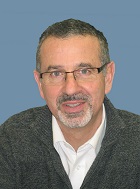
Ethnomusicologist, he quickly developed an interest in the safeguard and digitization of archives, subjects he taught for several years in Reims and Marne-La-Vallée universities.
Author of many articles, books and recordings related to Jewish music, producer of radio programs, Hervé Roten is recognized today as one of the best specialists of Jewish music in the world.

